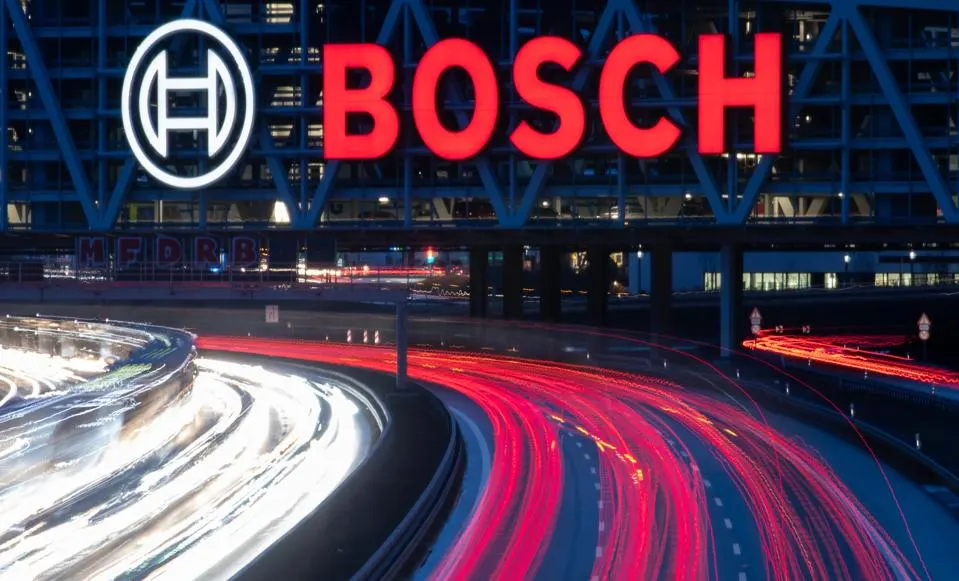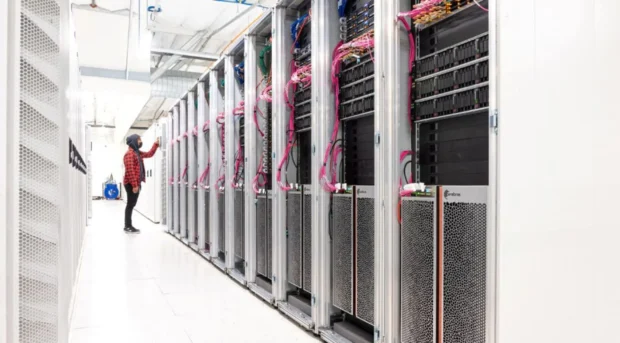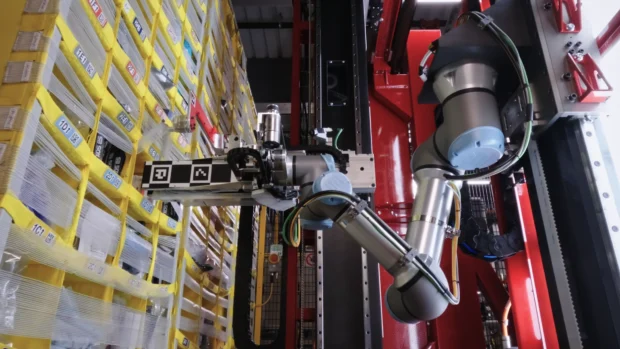
German automotive supplier Bosch has announced plans to lay off 5,000 employees globally, with a significant portion of the job cuts affecting its German workforce. This move comes as the German auto industry grapples with a myriad of challenges, including market stagnation, the transition to electric vehicles, and rising competition from Chinese manufacturers.
Bosch cited the need to adapt to changing market conditions, reduce costs, and invest in new technologies as the primary drivers behind the planned layoffs. The company highlighted the stagnation in global vehicle production and the reduced demand for parts in electric vehicles as contributing factors.
The job cuts will affect various divisions within Bosch, including its steering systems division, where up to 1,300 jobs are expected to be eliminated. This announcement follows previous layoff announcements in December 2023 and adds to the growing number of job losses in the German auto industry.
The planned layoffs have been met with resistance from labor unions, who criticize the move and vow to fight for job security. The head of the workers’ council for Bosch’s automotive division called the announcement a “slap in the face” and promised to resist the cuts.
This situation reflects a broader trend in the German auto industry, with other major manufacturers like ZF, Continental, and Webasto also announcing layoffs. The shift towards electric vehicle production, coupled with economic challenges and competition from cheaper Chinese EVs, has put significant pressure on German automakers.
Volkswagen, Europe’s largest automaker, has been particularly hard hit. The company has announced plans to close three plants and cut billions from its budget, leading to tense negotiations with labor unions.
In an effort to avoid mass layoffs and plant closures, the IG Metall trade union and VW’s workers’ council have offered to accept pay cuts in exchange for job security guarantees. However, if their demands are not met, the union has warned of potential strike action.
The situation at Volkswagen highlights the difficult decisions facing German automakers as they navigate a rapidly changing industry landscape. Balancing cost reduction with job security and investment in future technologies remains a significant challenge.
The coming weeks and months will be crucial for the German auto industry as companies and labor unions negotiate the path forward. The outcome of these discussions will have a significant impact on the future of the industry and the livelihoods of thousands of workers.
















Be the first to leave a comment